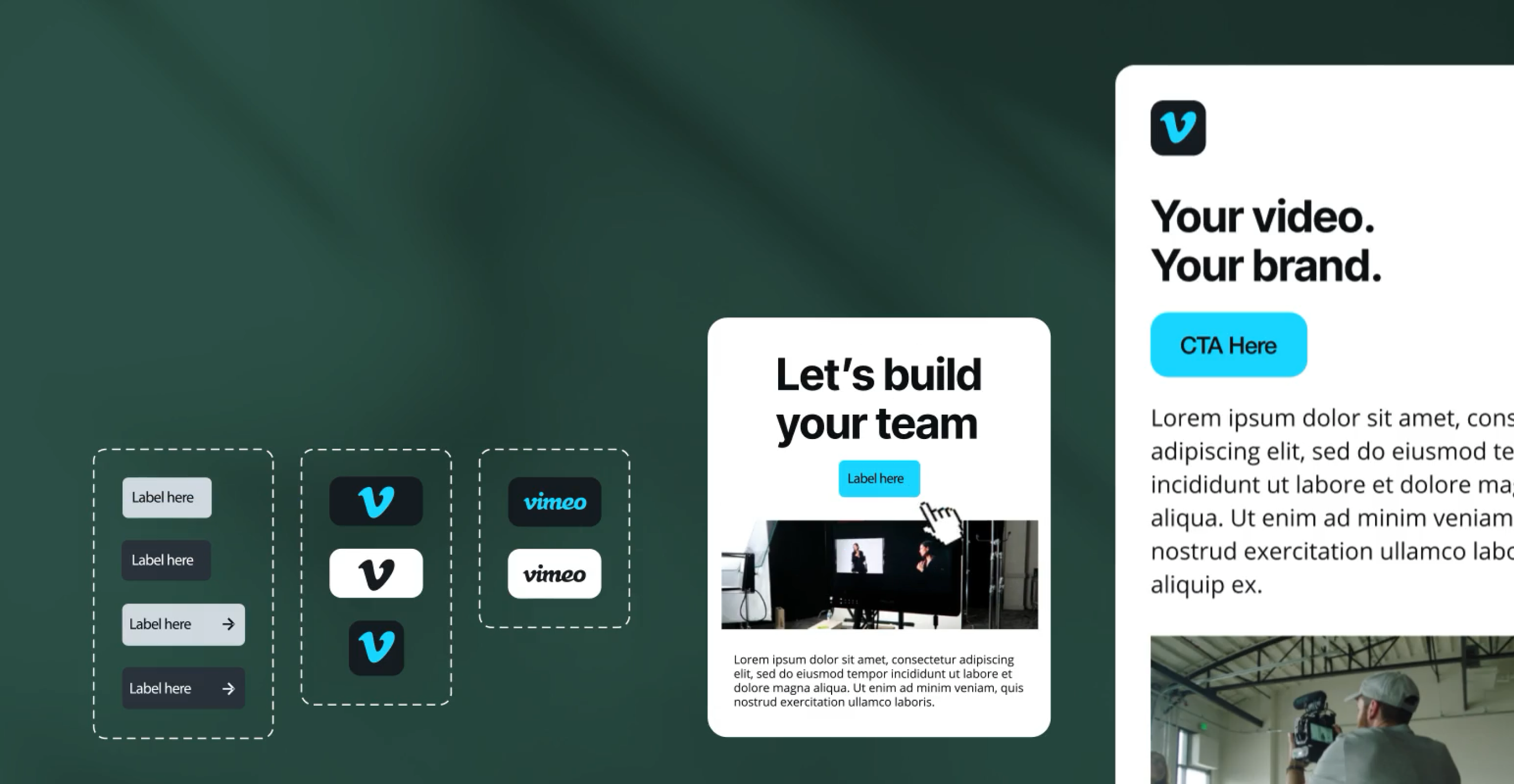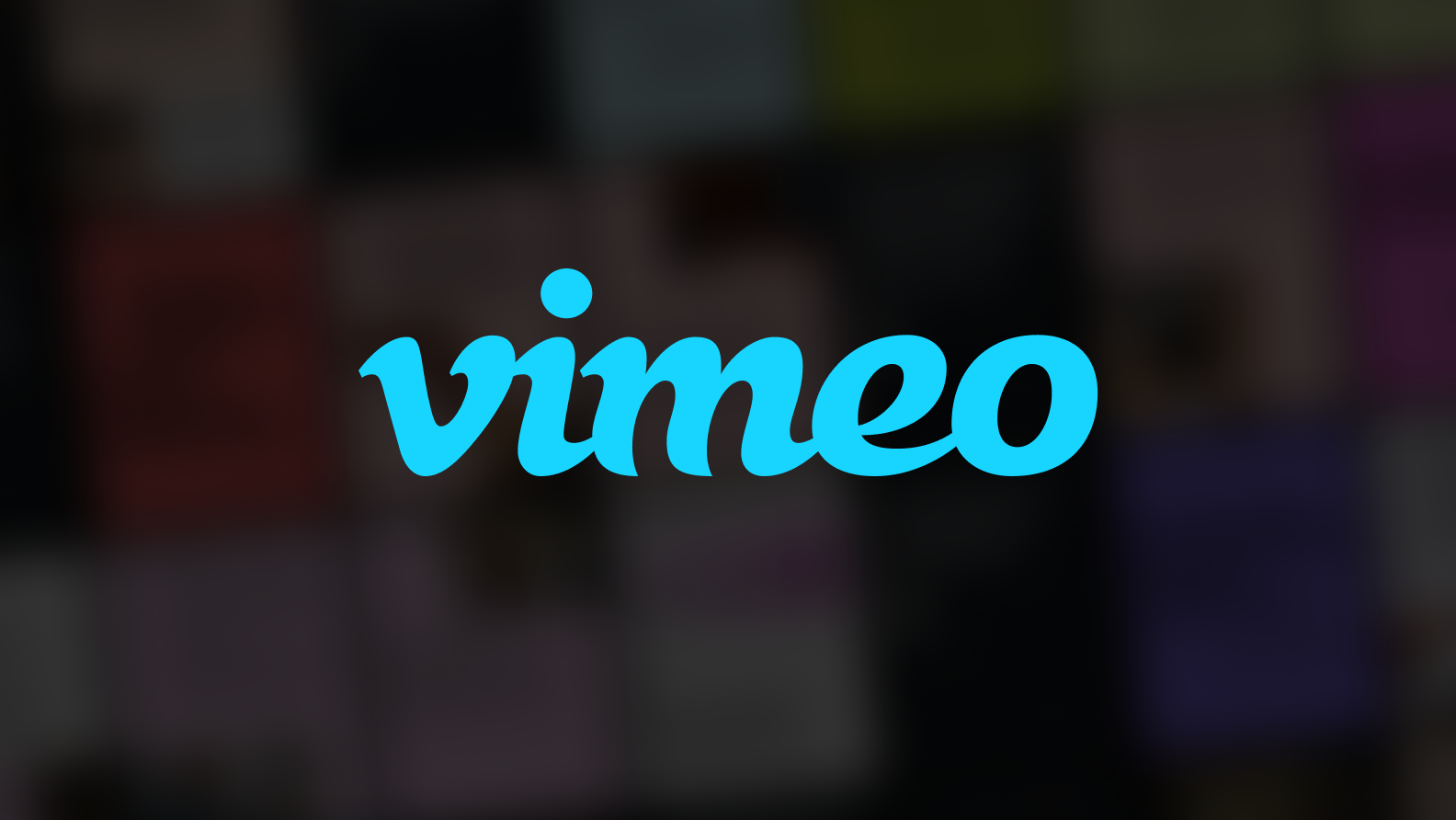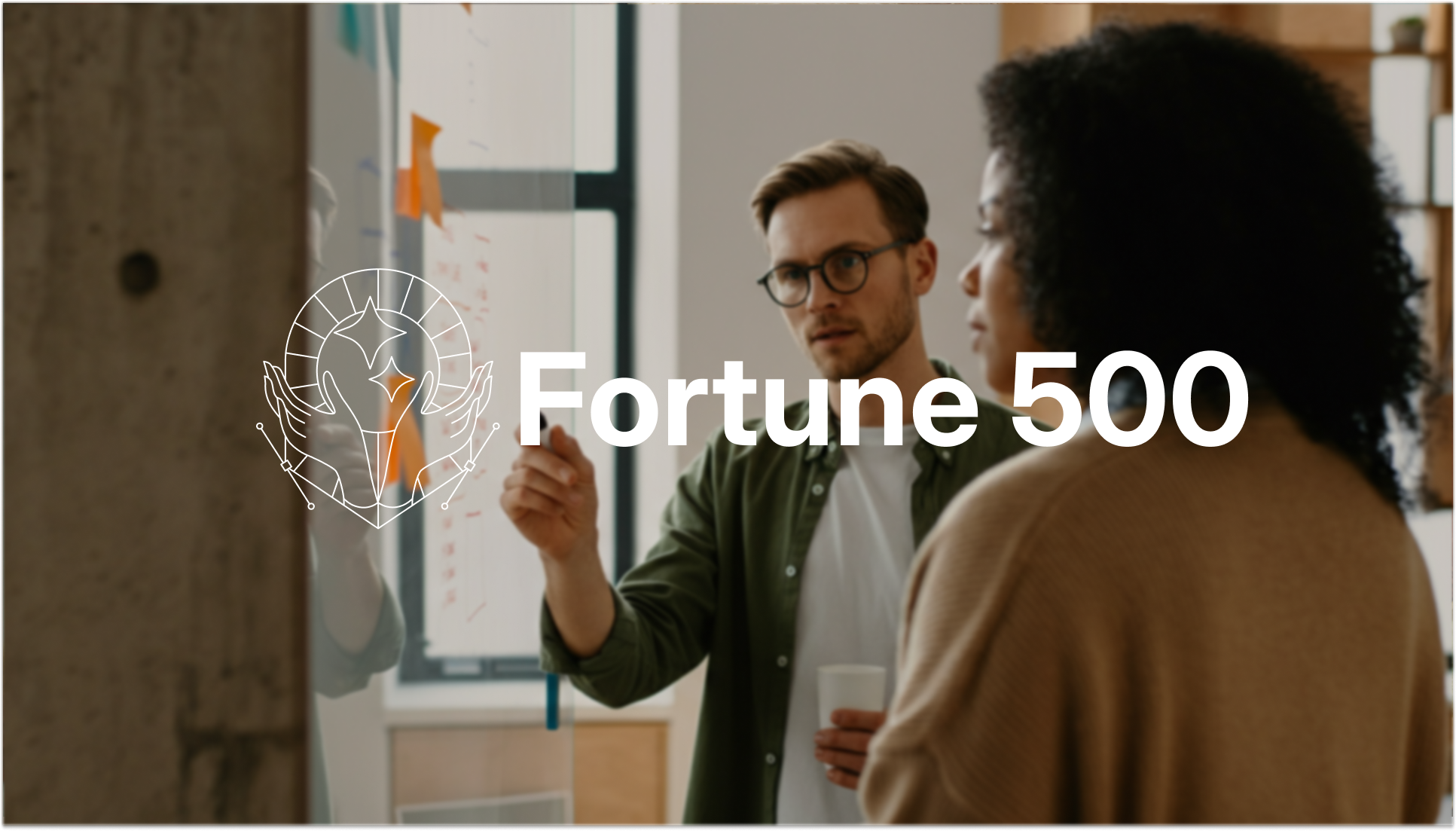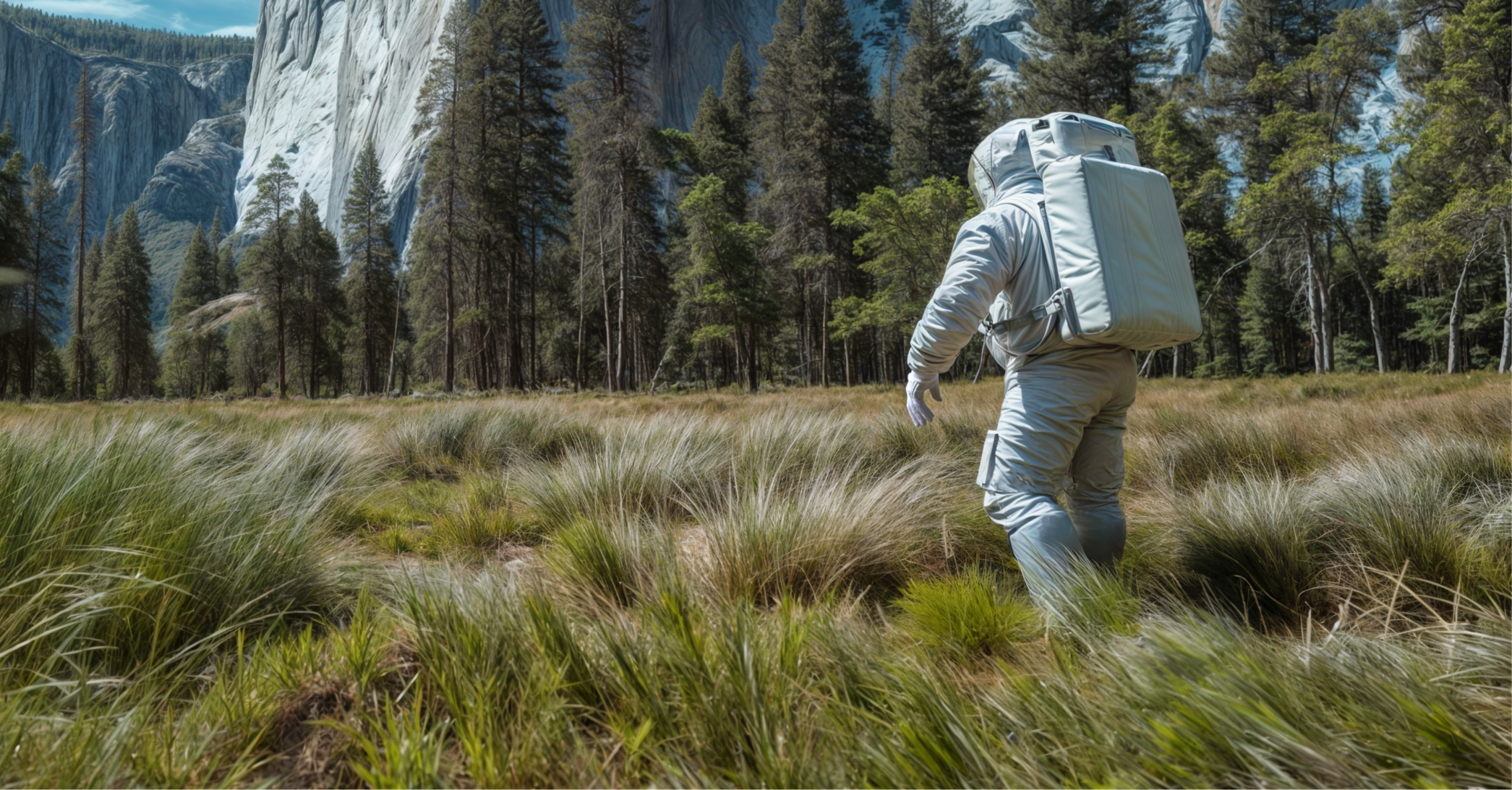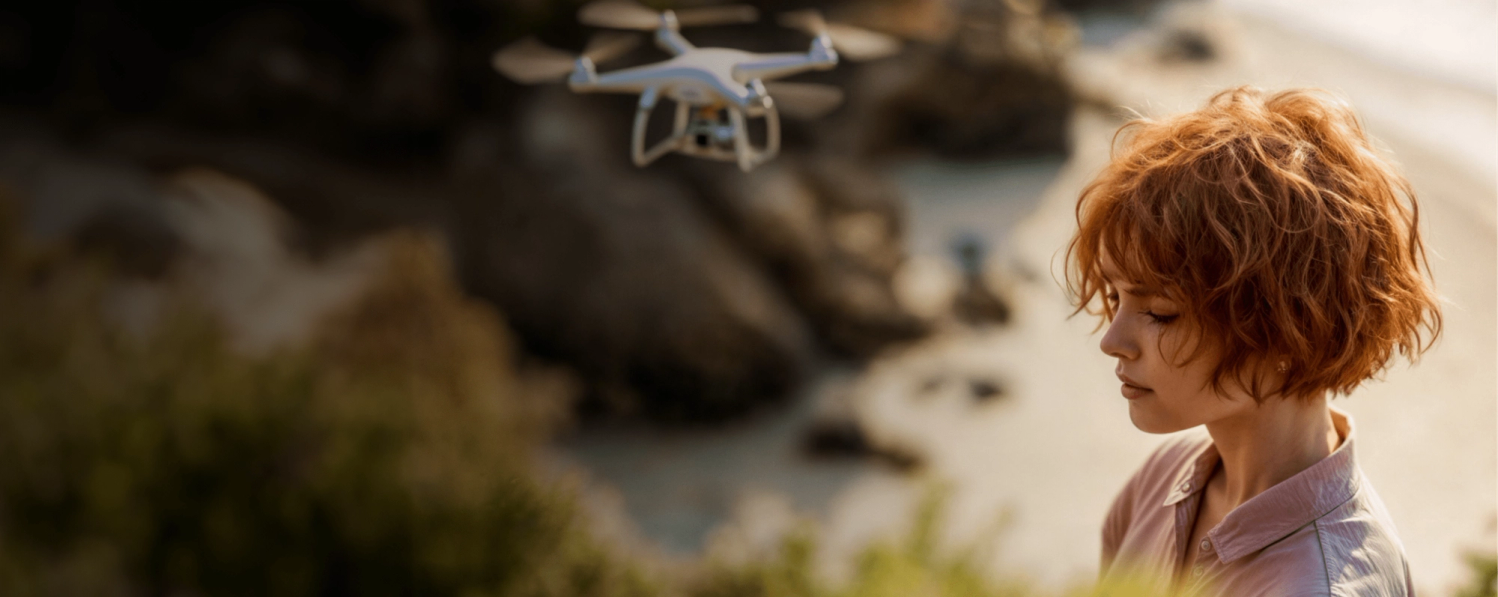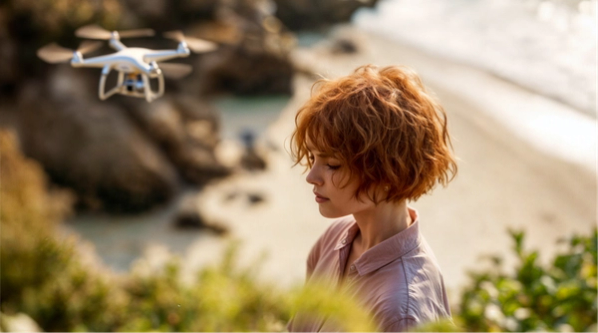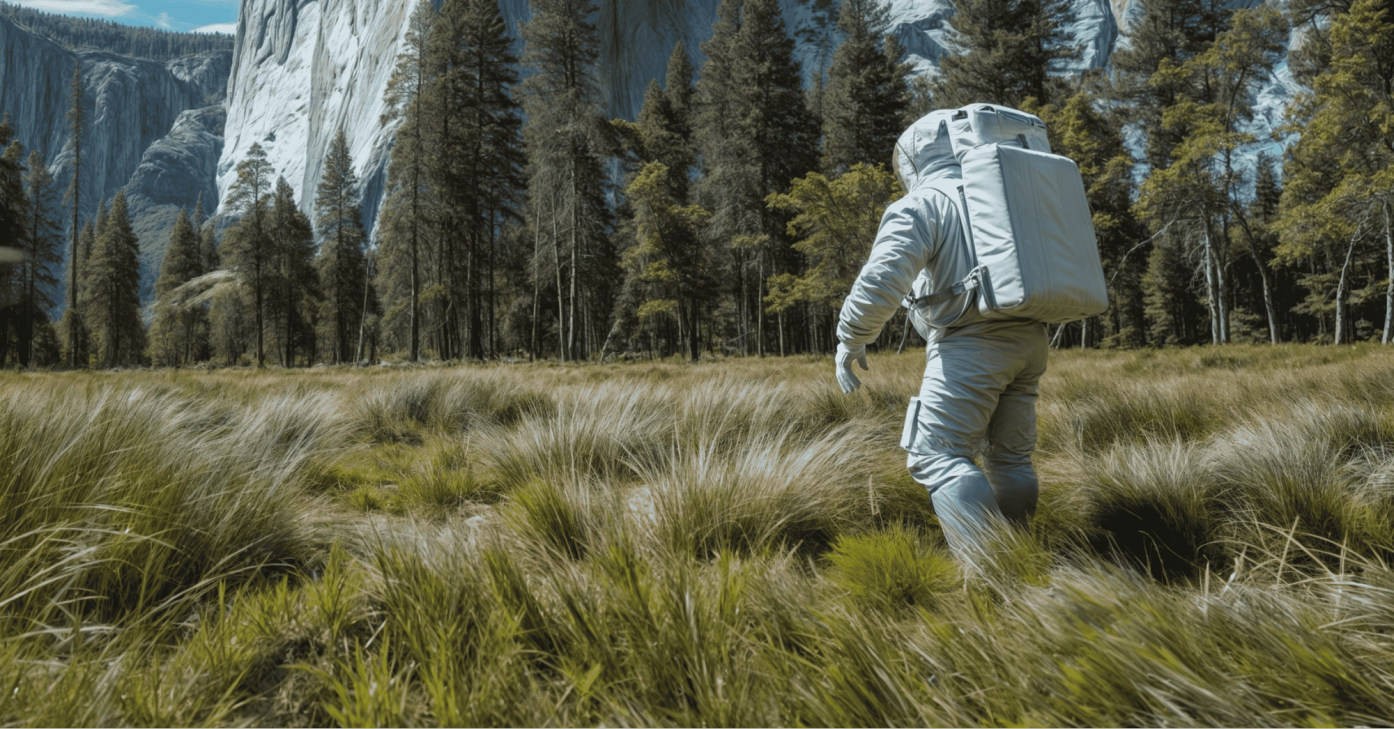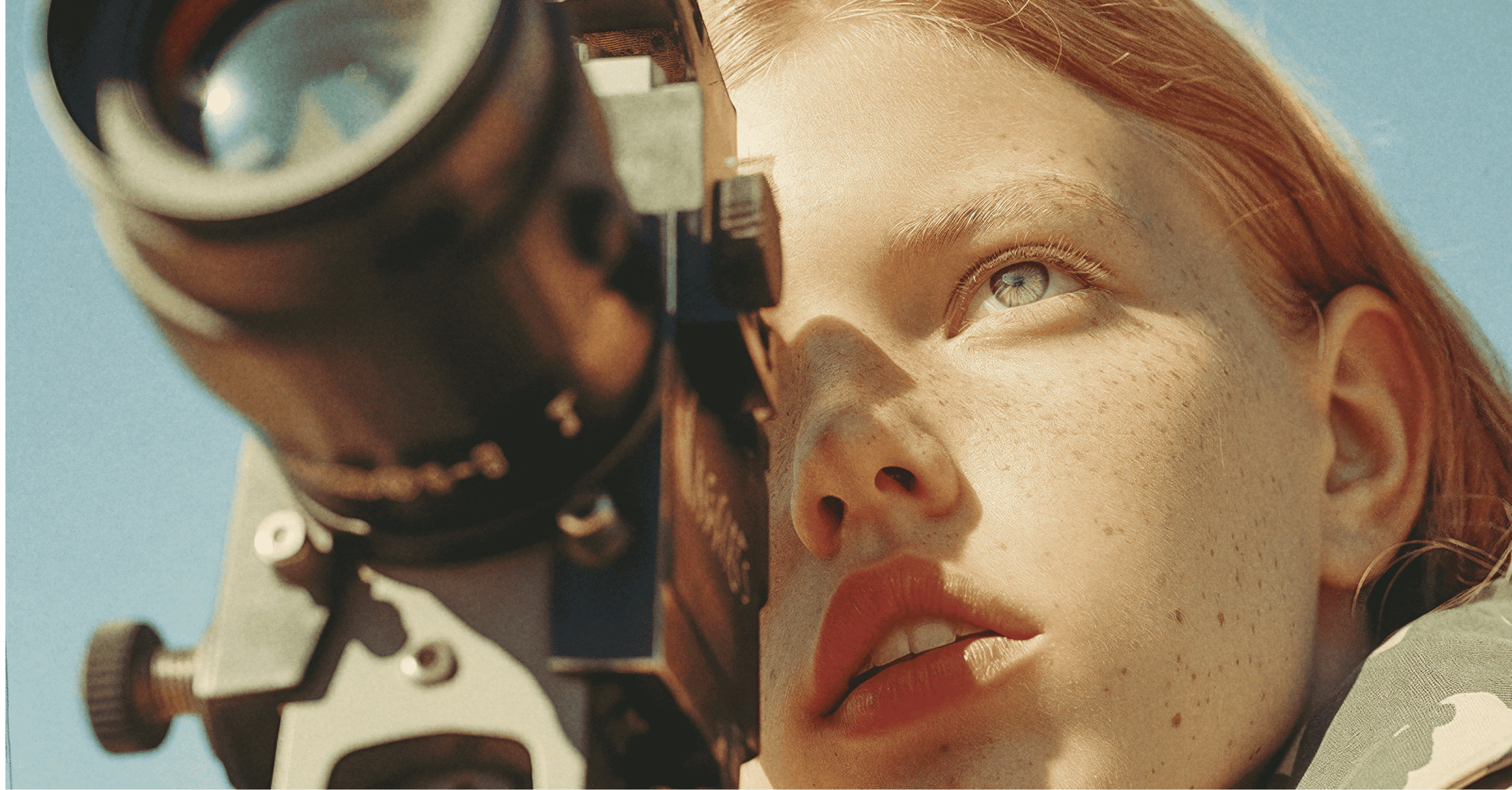
Karen X. Cheng's approach to AI in creative is all about knowing when to leverage technology, and when to rely on human intuition. At "The Infinite Canvas: Exploring AI’s Creative Potential", Cheng shared her ethos and workflows with and without AI as a creative partner, emphasizing the seamless blend of personal projects with client objectives, iterative experimentation with AI tools, and the combination of real-world elements with digital innovations. Her philosophy centers on AI as an amplifier of creativity, not a replacement, ensuring that the human touch remains central.
Few artists have navigated the integration of AI into their work like Karen X. Cheng. Not because she’s a genius with the tools (though she is, let’s be clear); not because she’s hung up on infusing AI into every step of her process. Karen X. Cheng’s approach to AI in creative is fascinating because she knows when and when not to use it.
Known for her innovative projects and collaborations with major tech companies, Cheng’s approach to blending AI with traditional creative processes offers a compelling blueprint for artists and brands alike. At our summit, The Infinite Canvas: Exploring AI’s Creative Potential, Cheng shared her insights and experiences, providing a detailed look into her creative framework both with and without AI.
We’ve used Cheng’s methodologies to propose a model for winning creative, with whichever tools you choose to use.
The 8 Pieces of Karen X. Cheng's AI Creative Model
In her keynote, Cheng shared her thoughts on using AI in her own creative processes. She outlined a more flexible, apply-as-needed approach that we've fashioned into a framework for creative leaders to try out as they figure out their place in the AI creative universe.
1. Connecting Personal Projects With Client Objectives
One of the cornerstones of Karen X. Cheng’s creative process is the seamless integration of her personal creative interests with the objectives of her clients. This approach not only ensures that her work remains innovative and engaging but also aligns with client goals, making for content that's both unique and effective.
I like to do a bunch of personal projects just to kind of get an inventory of ideas that I have in my head. And then when a brand comes to me, the first thing I try to do is I try to play matchmaker between my personal projects or things that I want to do and the brand brief.
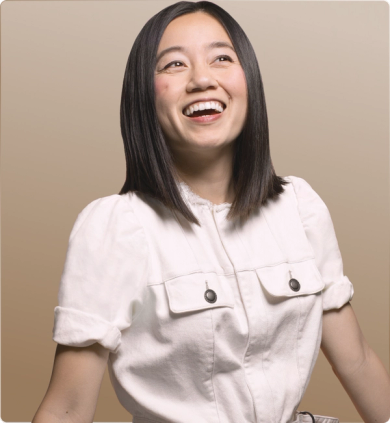
Cheng’s collaboration with Insta360 is a prime example. She successfully blended her vision with the brand’s requirements, negotiating to include a concept she was passionate about. This resulted in a project that not only met the client’s needs but also showcased her creative innovation. Cheng’s philosophy of “one for me, one for the client” underpins this strategy, allowing her to maintain creative integrity while fulfilling client expectations.
"Sometimes I'll be like, okay, fine, how about I make you two assets? One asset is like the one that I actually really want to do, and then one is the one that hits all of your objectives."
2. Iterative Experimentation and Patience with AI Tools
Cheng’s creative process with AI is characterized by a meticulous, iterative process. She likens this approach to a chemistry experiment, where different elements are combined and tested repeatedly until the desired outcome is achieved.
The best way to describe the process is it's like chemistry. So you put in a bunch of things and you don't really know how it's going to react. And then you wait sometimes overnight, and then you look at what you got and then you're like, here's what worked and what didn't.

In her project using Animate Diff and Comfy UI, Cheng demonstrated this iterative experimentation. She and her collaborator, Nathan Shipley, tested numerous clips and refined their techniques based on the results. This process required patience and persistence, reflecting the complexities and rewards of integrating AI into creative work.
"We first started testing the painting effects in December, and then I posted the video, like, in May."
This extensive timeframe underscores the importance of dedication and iterative refinement in achieving high-quality results with AI tools.
3. Combining Real-World Elements with AI
Cheng places significant emphasis on the combination of real-world elements and AI in her creative process. She believes that the most impactful creative works arise from this blend, where human inputs play a crucial role alongside technological capabilities.
My personal interest is how do I combine real-world things with AI, because I just feel a little bit more ownership of it. And so I found that when I just type in a prompt into Firefly or into DALL-E or MidJourney, I don't feel that connected to whatever I'm making.

Cheng’s project with Adobe Firefly exemplifies this philosophy. By using her original artwork and textures, she created a piece that felt distinctly her own, despite the assistance of AI. This approach enhances the authenticity and personal connection to the work, showcasing the value of human creativity in the digital age.
"For example, in the Firefly project, it was all my original artwork. And, yes, I could use stock images, but it wouldn't have felt as much mine. So I think because I use my own original artwork, I felt like it was just more fun to see what was made."
4. Embracing the Physicality of Creative Work
Amid the digital revolution, Cheng finds value in returning to physical mediums. This tactile approach provides a refreshing break from screen-based work and can inspire new creative ideas.
"I was just exhausted trying to keep up with all the new tools. And I just really hit a wall, and I was like, I just need to take time away from all this. So I started, like, once a week not looking at screens. I got a Polaroid camera, and I was just like, this is so freaking delightful."
Cheng’s Polaroid-based projects, such as her stop-motion Instagram experience, exemplify this return to analog methods. These projects offer a break from digital overload and bring a unique, hands-on quality to her work that digital tools alone cannot replicate.
On Saturdays, I really challenge myself to not look at screens. I got a Polaroid camera, and it was just delightful to have this chemical reaction on a piece of paper.

5. Navigating Client Expectations
Cheng’s approach to client relationships is rooted in clear communication and understanding of client objectives. She emphasizes the importance of aligning creative work with client goals while also advocating for creative freedom when possible.
What I love asking clients and what they love when I ask them is like, tell me, what does it look like if this campaign is a massive success? Different clients will have different answers. Some want something cool, some need to sell units.

By understanding what success looks like for each client, Cheng can tailor her creative approach to meet those specific goals. This strategy not only enhances client satisfaction but also allows for more effective and targeted creative work.
6. Balancing Effort and Impact
In a digital landscape filled with low-effort content, Cheng strives to maintain high standards in her work in a market that’s hung up on “easy wins”. She offers an expert tip in this area: Putting in significant effort yields better and more satisfying results, even if it means more time and resources are required.
The Internet is increasingly filled with more and more low-effort content. That's not what we want to do, but that's what algorithms incentivize us to do. It feels better to put a lot of effort into things.

Cheng’s commitment to high-effort, high-quality content sets her apart in an industry often driven by quick, attention-grabbing outputs. This dedication to excellence ensures that her work remains impactful and engaging.
7. Deep-Diving into AI Integration
One of the most compelling aspects of Karen X. Cheng's creative process is her deep and thoughtful integration of AI. Her work demonstrates not just the use of AI as a tool, but as a collaborative partner in the creative process.
"You don't just take...images that have kind of similar components or that would make sense when combined together. But it's still very unpredictable. My advice, honestly, is just to experiment and get in there."
Cheng’s detailed experimentation with AI tools like Animate Diff and Comfy UI shows a commitment to pushing the boundaries of what these technologies can do. She doesn’t settle for the first output but instead uses each iteration as a learning experience, refining her approach to achieve the perfect result.
We spent hours filming this very simple thing of me going on a bicycle. It looks very simple, but we did so much testing with just hours and hours of testing in the real world.

This process of ownership through rigorous testing and refinement highlights how Cheng uses AI not just to automate tasks but to enhance the creative process, making it more precise and impactful.
8. AI for Amplification, Not Replacement
Cheng views AI as a means to amplify her creative capabilities rather than replace the human element. This perspective is crucial for understanding how AI can be effectively integrated into creative workflows.
Human plus AI is going to be better than AI alone for a very, very, very long time.

She emphasizes that while AI can handle repetitive or technically challenging aspects of a project, the core creative vision and direction must come from the human artist. This synergy between human intuition and AI's technical prowess can lead to groundbreaking work that neither could achieve alone.
"For the bicycle scene, it really felt like we owned it because we were really directing exactly how the footage should go."
By viewing AI as a collaborator rather than a replacement, Cheng ensures that her work remains deeply personal and artistically driven.
Try, But Don’t Rely on AI
Cheng’s personal creative framework can be taken as a valuable blueprint for artists and brands looking to integrate AI into their creative processes. Her approach underscores how the most innovative and impactful creative works arise from the synergy of human creativity and technological innovation.
It can be a guiding light for those seeking to harness the power of AI in their creative endeavors; especially as we come to rely on AI for bigger and more complex tasks. Humans still resonate most with actual humanity.
For those looking to explore the innovative possibilities of AI-driven projects, Superside offers unparalleled expertise and creative solutions… as the future of creativity promises to be both exciting and profoundly human.




